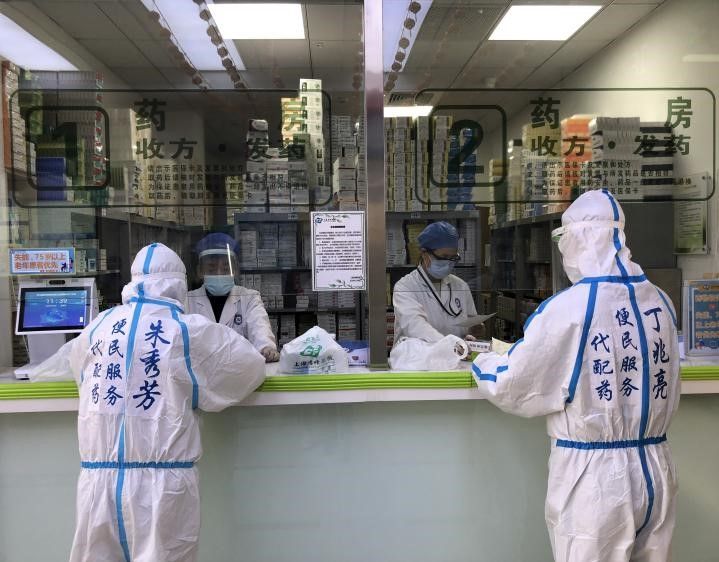
At 11:00 in the night, Li Jun’s cell phone suddenly rang. It turned out that a chronically ill patient in the jurisdiction asked for a substitute medicine. Li Jun carefully recorded the name of the drug and the number of copies required, and told the other party to prepare the medical insurance card and hand it over to the community volunteers the next day.
Li Jun is a staff member of Shanghai Chifeng Hospital and a member of the “Public Dispensing and Convenience Service Team” in Hongkou District. Since March 28, under the organization and coordination of the Hongkou District Medical Insurance Bureau, the whole district has formed and continuously improved the drug dispensing service mechanism during the epidemic closure and control period: 14 pharmacies and many medical institutions in the area have actively mobilized volunteers to provide residents with “One-stop” services such as telephone reservation, door-to-door card collection, and drug delivery, and through the drug inventory applet to achieve accurate and efficient drug dispensing, alleviating the medication needs of patients with chronic diseases in the area during the epidemic prevention and control period. So far, the team has successfully delivered medicines to nearly 1,000 residents.
Before the closure, the whole district issued a notice of purchasing medicines, and the “4+8+8” service team has a detailed division of labor
“My family’s medicines are almost finished, may I ask How to dispense medicine?” In Hongkou District, the answer to this “high-frequency question” is a “Notice on Drug Purchasing Services During the Epidemic Prevention and Control Period”.
This convenience notice issued by the Hongkou District Medical Insurance Center not only clearly states the dispensing process of residents during the epidemic prevention period, but also includes the contact numbers of the district medical insurance center, 14 pharmacies and medical institutions. , and the service coverage is indicated in units of streets. Among them, 14 pharmacies are mainly responsible for the distribution of non-prescription drugs, and medical institutions provide more complete dispensing services through outpatient clinics. Among them, volunteers from hospitals such as Shanghai Chifeng Hospital and Shanghai Haijiang Hospital also provide door-to-door drug delivery.
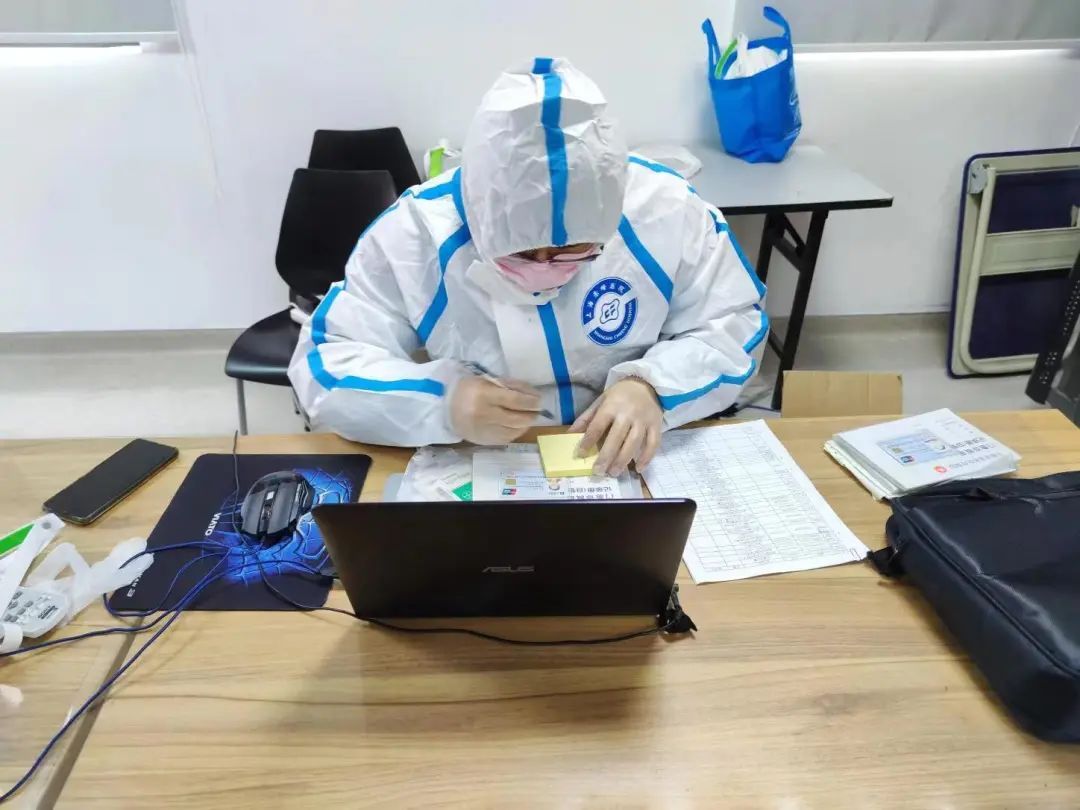
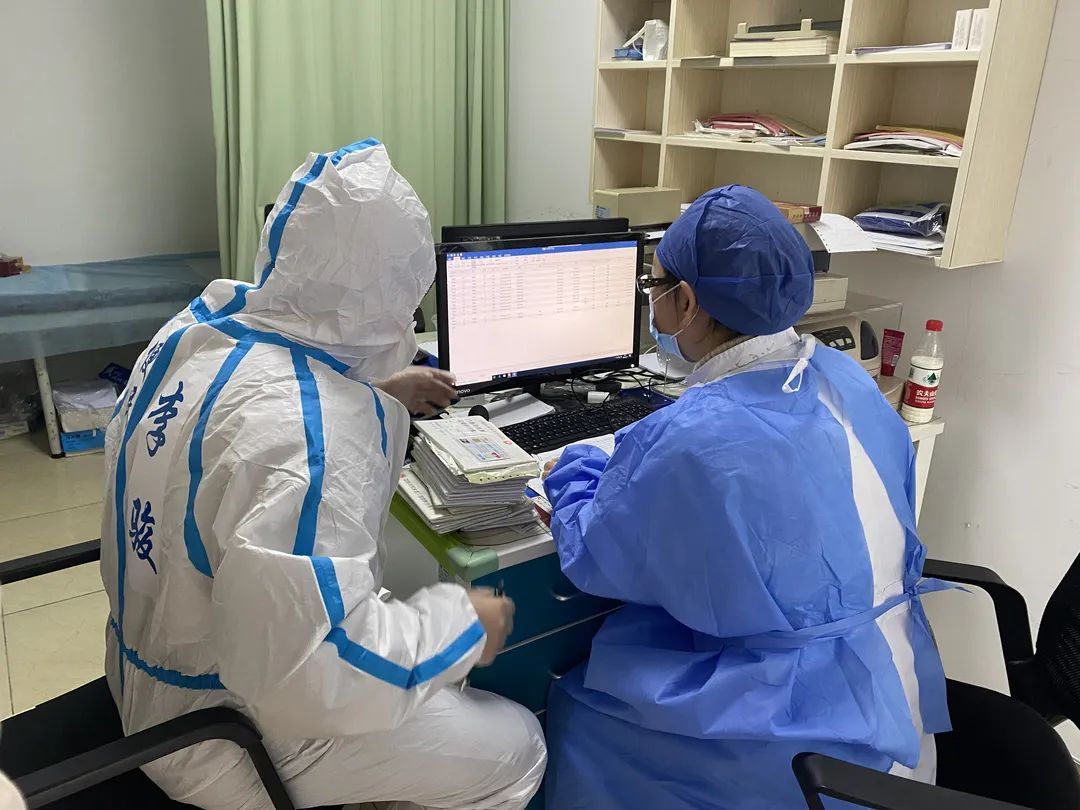
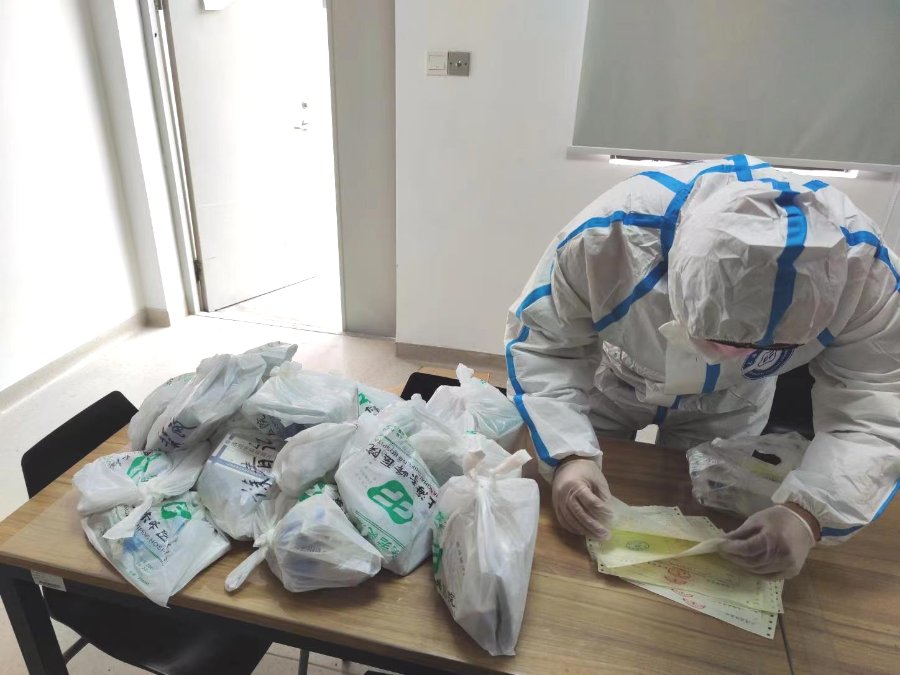
“I called the hospital hotline, and then @community volunteers in the group, and soon, my medicine was ‘home’.” Resident Ms. Xia said that the former Two days later, she was about to finish the antihypertensive drugs she had been taking for a long time, so she called the corresponding dispensing hotline of Shanghai Chifeng Hospital according to the “Notice”. After confirming that the hospital had the required medicines, she put the medication request list, medical insurance card, and medical record book in a plastic bag and hung it on the door handle. Dispensing, “very convenient”.
Chen Hanping, President of Shanghai Chifeng Hospital, introduced that during the lockdown period, except for special circumstances, the outpatient clinic of the hospital insisted on opening clinics to provide support for the dispensing service. At the same time, a number of medical staff and administrative staff in the hospital took the initiative to sign up as volunteers for public welfare dispensing, and formed a “4+8+8” dispensing service team: “4” means four operators including Li Jun , each person corresponds to 2 adjacent streets among the 8 streets in the whole district, and their mobile phone number is the consultation hotline, which provides services from 8:00 to 17:00 every day, and the number of connections per day reaches hundreds of people during peak hours; “8” means 8 digits “Big White Riders”, each of them corresponds to a street, they are responsible for collecting medical insurance cards and medical records in the community, then go back to the hospital to complete the dispensing procedures, and finally deliver the medicine to the door; the other “8” is for each “Big White Rider” The equipped “little assistants” share their phone answering, WeChat communication and other tasks in the process of dispensing medicines, further improving service efficiency and providing protection for more residents. Before the volunteers took up their posts, the Nursing Department of the hospital also conducted teaching drills on the wearing and killing of professional protective clothing for the non-front-line medical staff.
At present, in addition to the point-to-point contact between residents, relevant persons in charge of each street and community can also contact the operator after collecting residents’ needs and medical insurance cards. Some communities are large, and there are many elderly people, and residents have high demand for medication. The “Big White Rider” will bring back dozens of orders for one run. Today, with the increasing awareness of this team among residents in the jurisdiction, the number of orders received is also increasing, and sometimes it can exceed 100 in one day. After returning to the hospital, they registered the dispenser information one by one, registered, prescribed, collected, paid, and invoiced, and then packaged the medicines and documents accordingly. In order to reduce the risk of drugs being infected in public areas and to facilitate the rapid distribution of drugs by community volunteers, they also packaged drugs, medical insurance cards, medical records, receipts, etc., and then put labels on the outside of the bags. to the relevant community leaders.
“Two lines go hand in hand”, “Second Check” applet helps to accurately substitute medicines
People’s medication needs are different, how to quickly determine the medication Inventory situation? Xiao Rong, director of the Hongkou District Medical Insurance Affairs Center, introduced that the District Medical Insurance Bureau has sorted out 11,566 drug lists by collecting outpatient and emergency drug lists in 19 medical institutions including Shanghai First People’s Hospital, Yueyang Hospital, etc. The form is made into a small program of “Drug Inventory Inquiry of Designated Medical Institutions”. Open the applet on the computer, enter the name of the drug in the specified cell, and the current inventory of the drug in each medical institution will pop up. The applet was distributed to all streets at the end of March.
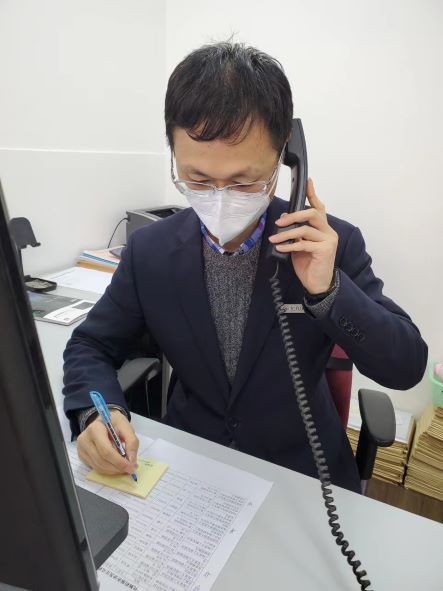
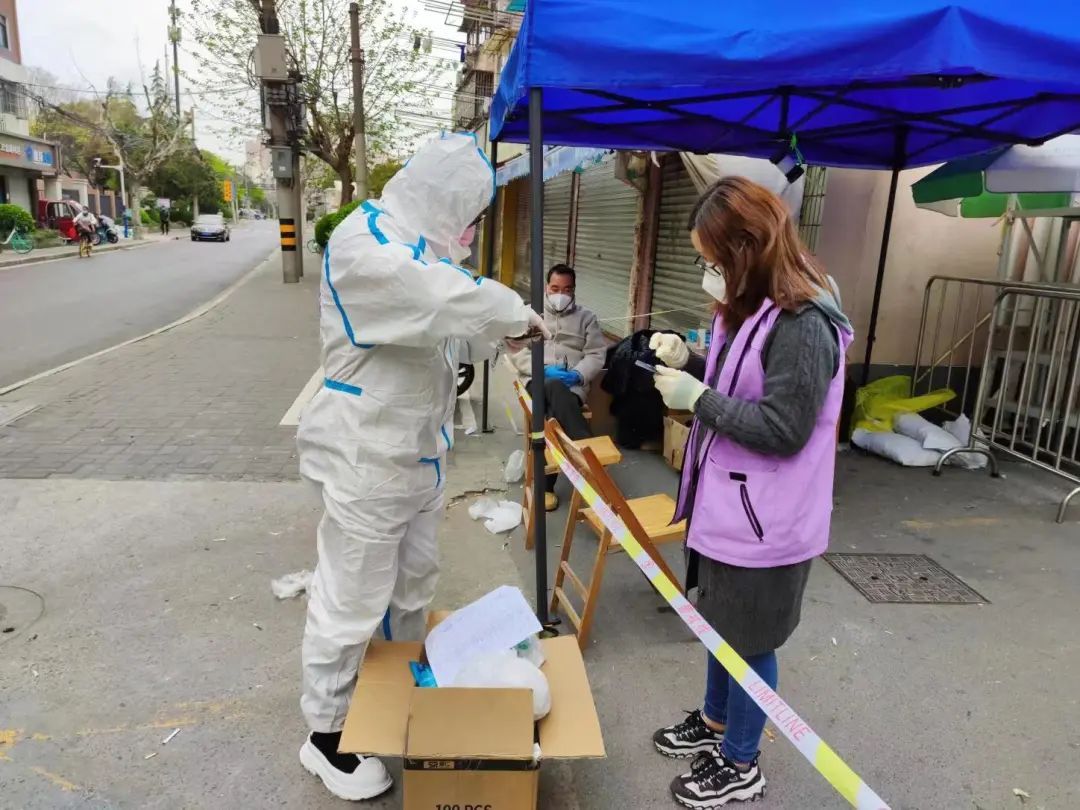

“Even with fuzzy search, the applet can quickly find inventory, very easy to use. A community cadre said that since some residents need drugs that are not common, if residents make inquiries according to the list in the “Notice”, it will be time-consuming and laborious, and it will take up valuable resources. , adopting a model in which a special person is responsible for the unified contact with the drug dispensing service, and “two lines in parallel” guarantees more residents’ drug dispensing needs. After collecting residents’ drug needs, the street community cadres can check the drug inventory through a small program, and “merge similar drugs” according to the inventory in advance. Items”, linking the fewest medical institutions to design the most efficient and accurate drug dispensing plan.
Chen Hanping said that diseases will change, and the demand for medication must keep up with the changes in the body. Recently, Shanghai Chifeng Hospital is actively preparing The “Internet hospital” dispensing process will soon allow residents in the jurisdiction to seek medical treatment online through telephone, WeChat, short video, etc., which will better confirm the disease status and reduce the workload of community cadres.
< br/>
Author: Shan Yingwen
Photo courtesy of Hongkou District Medical Insurance Bureau and Shanghai Chifeng Hospital< /p>
Editor: Wang Jiayi
Responsible editor: Gu Yiqiong